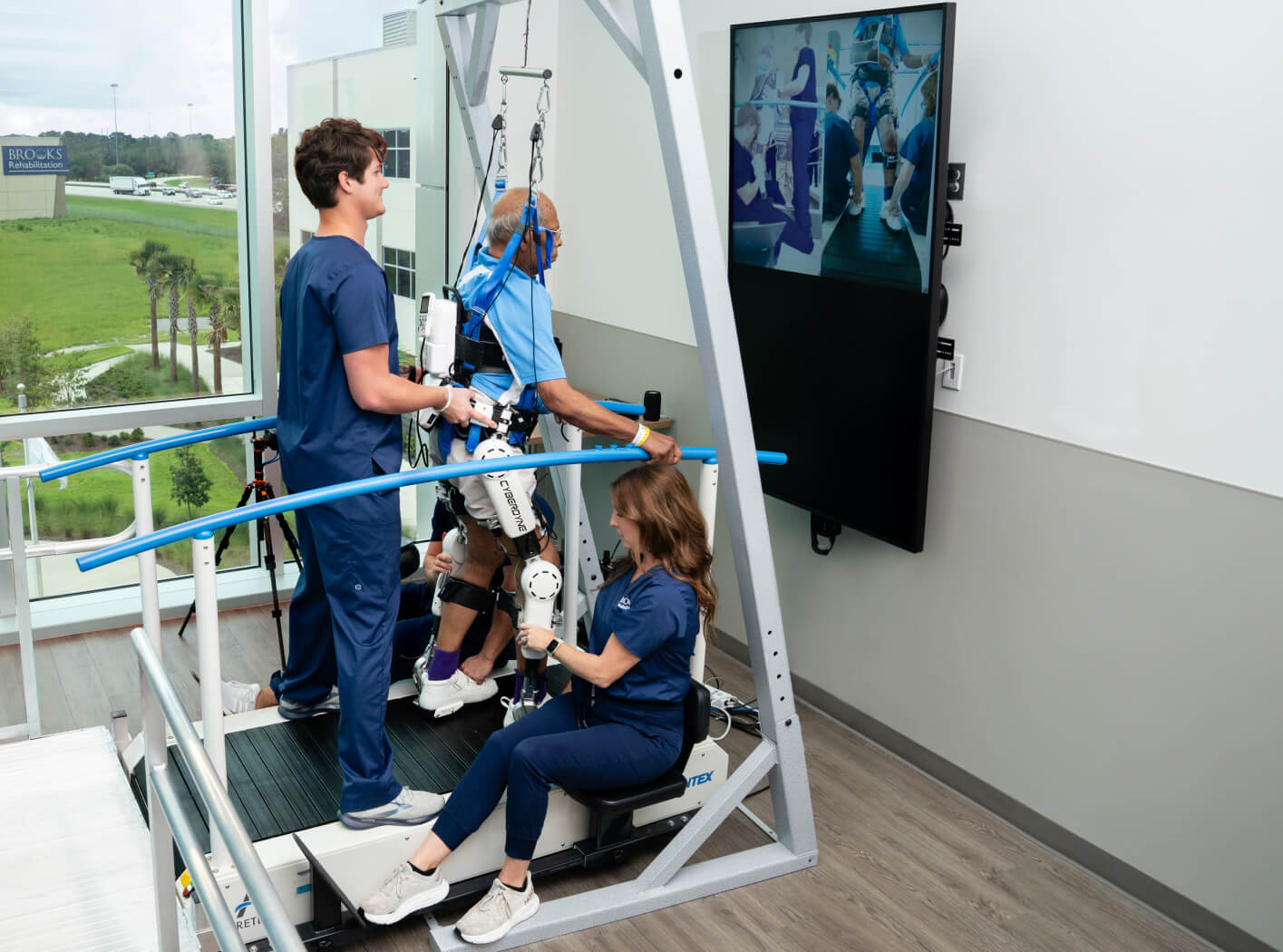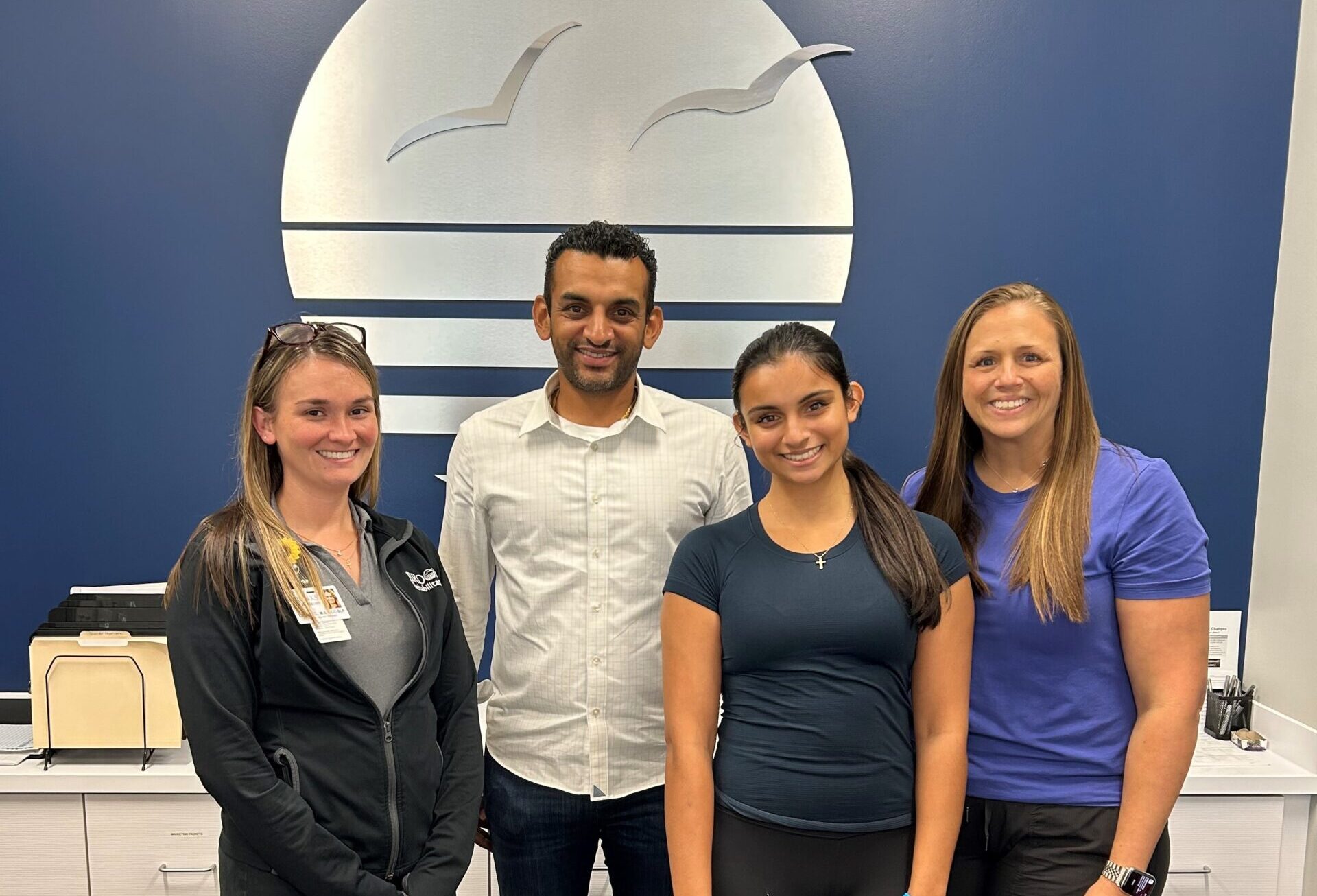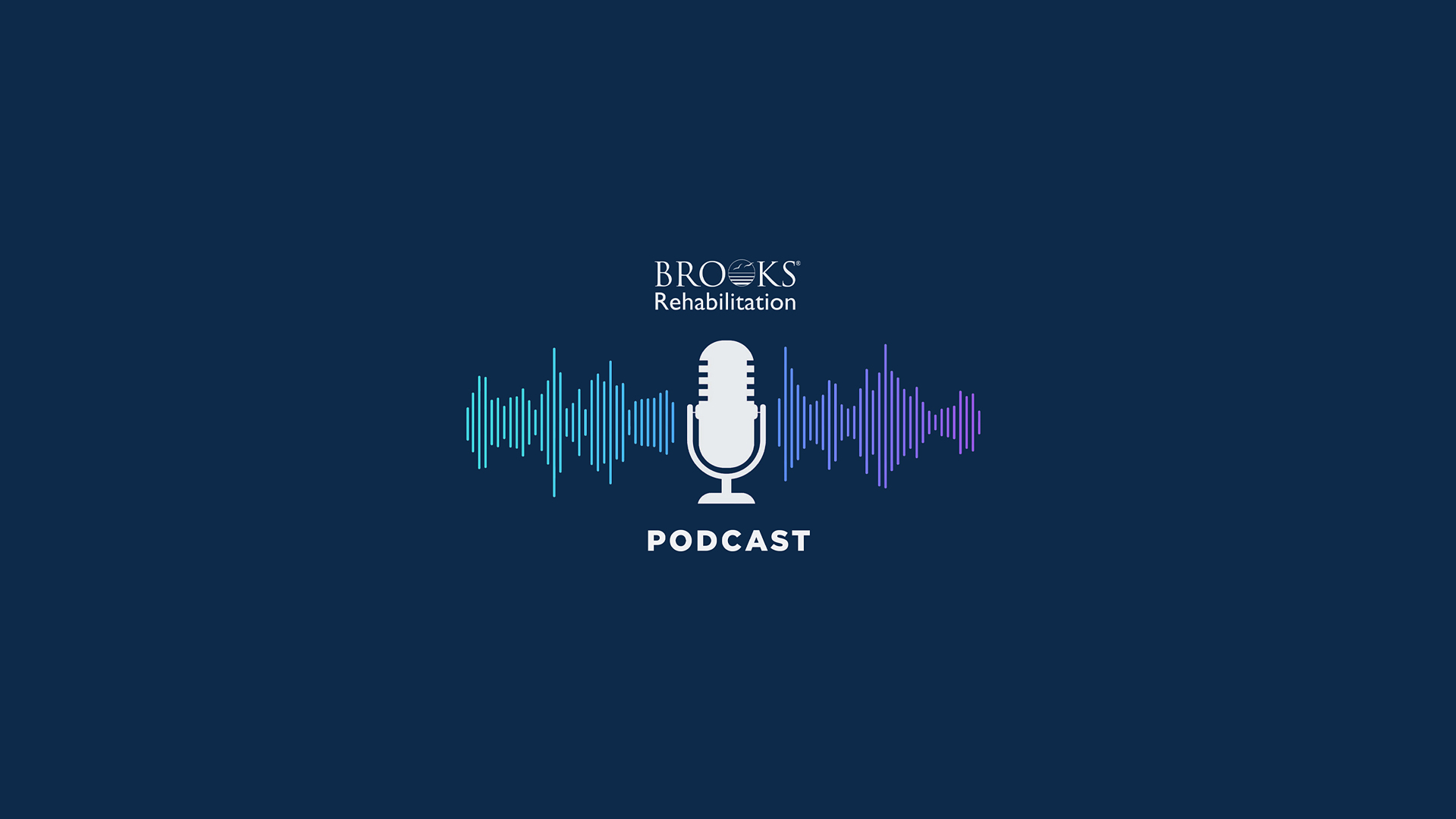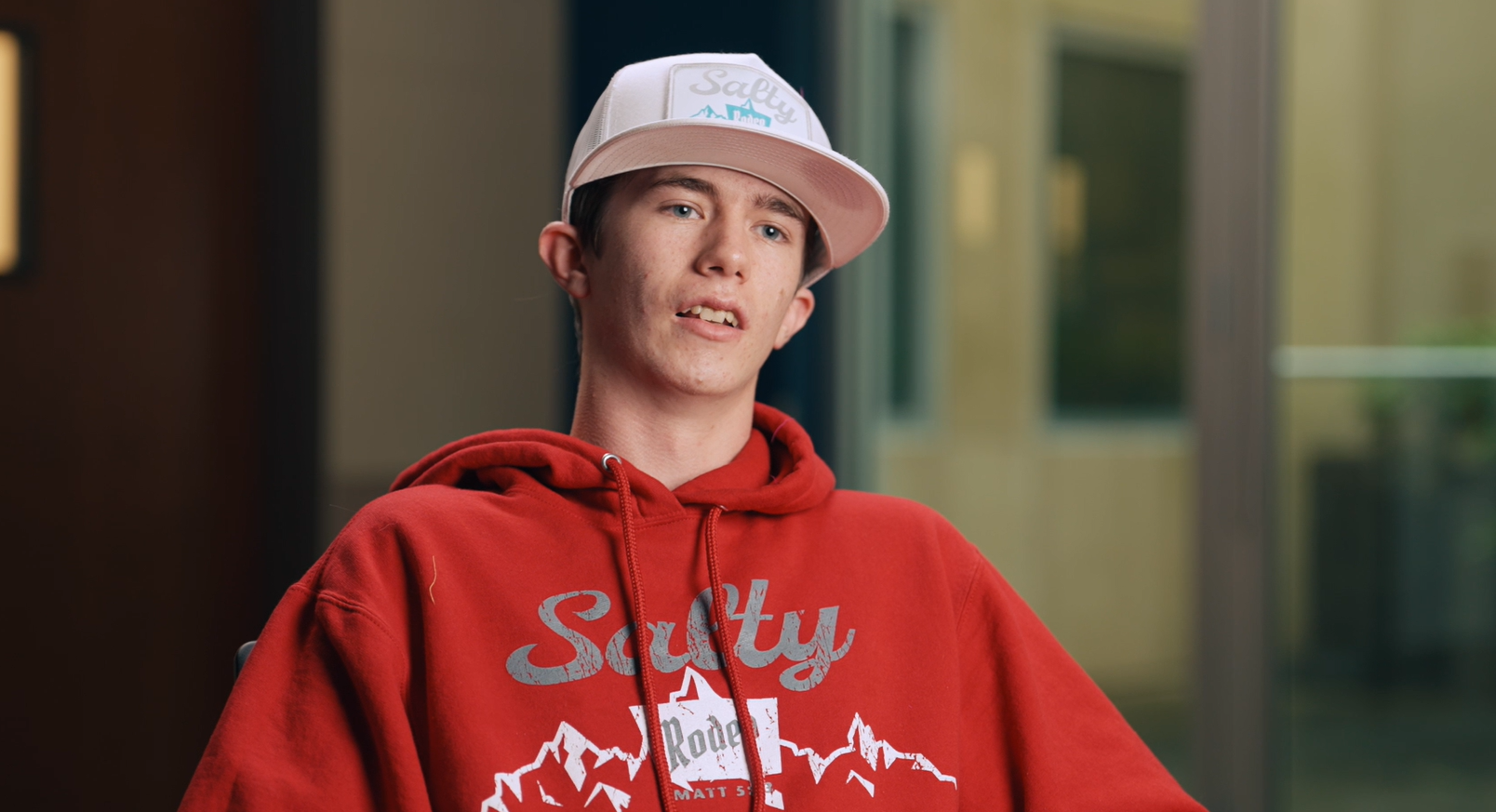Filter conditions by category
Latest News and Health Resources from Brooks
Education and guidance to support your recovery
From Silence to Strength: Chloe’s Inspiring Aphasia Recovery Journey
How a high school senior's determination and expert speech therapy helped her reclaim her voice after a life-changing diagnosis. One year ago, 17-year-old Chloe Karamsodkar was...





